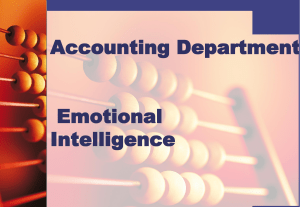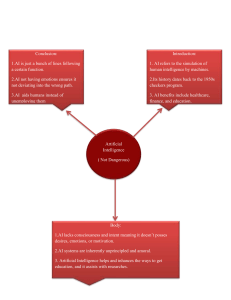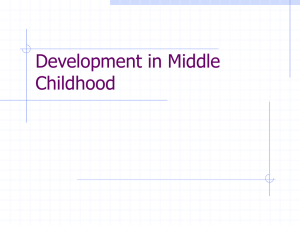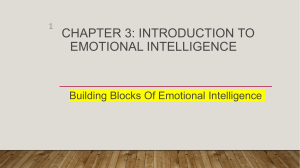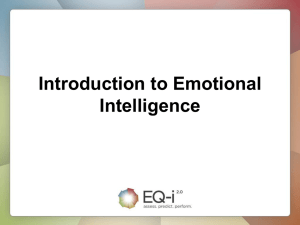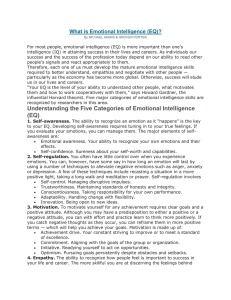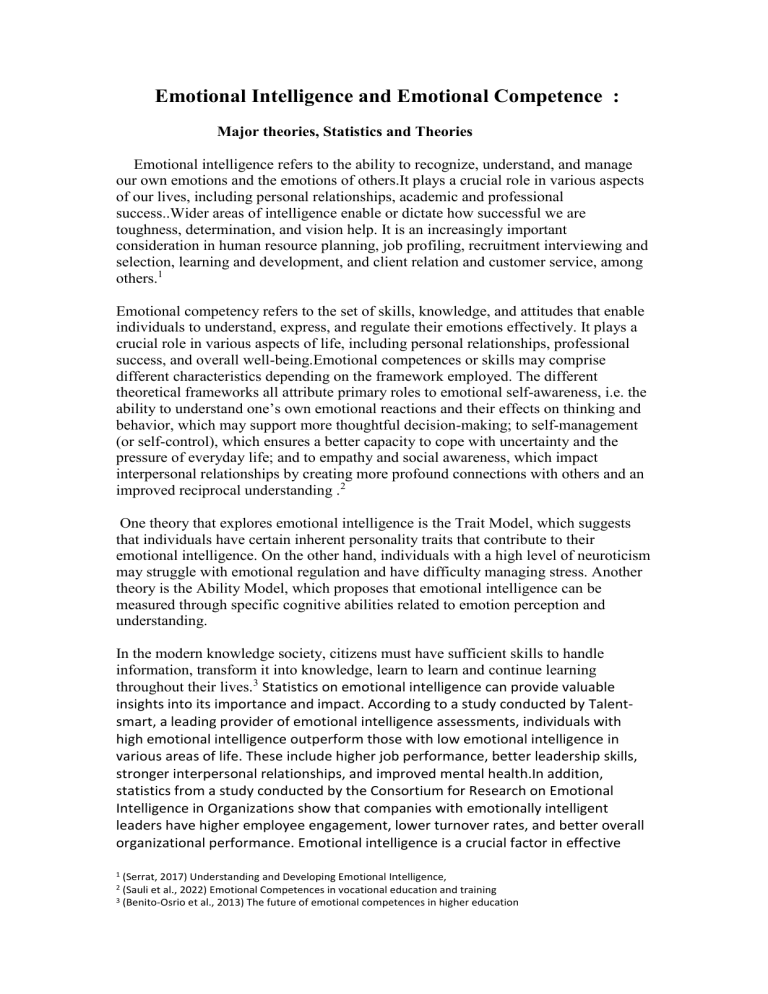
Emotional Intelligence and Emotional Competence : Major theories, Statistics and Theories Emotional intelligence refers to the ability to recognize, understand, and manage our own emotions and the emotions of others.It plays a crucial role in various aspects of our lives, including personal relationships, academic and professional success..Wider areas of intelligence enable or dictate how successful we are toughness, determination, and vision help. It is an increasingly important consideration in human resource planning, job profiling, recruitment interviewing and selection, learning and development, and client relation and customer service, among others.1 Emotional competency refers to the set of skills, knowledge, and attitudes that enable individuals to understand, express, and regulate their emotions effectively. It plays a crucial role in various aspects of life, including personal relationships, professional success, and overall well-being.Emotional competences or skills may comprise different characteristics depending on the framework employed. The different theoretical frameworks all attribute primary roles to emotional self-awareness, i.e. the ability to understand one’s own emotional reactions and their effects on thinking and behavior, which may support more thoughtful decision-making; to self-management (or self-control), which ensures a better capacity to cope with uncertainty and the pressure of everyday life; and to empathy and social awareness, which impact interpersonal relationships by creating more profound connections with others and an improved reciprocal understanding .2 One theory that explores emotional intelligence is the Trait Model, which suggests that individuals have certain inherent personality traits that contribute to their emotional intelligence. On the other hand, individuals with a high level of neuroticism may struggle with emotional regulation and have difficulty managing stress. Another theory is the Ability Model, which proposes that emotional intelligence can be measured through specific cognitive abilities related to emotion perception and understanding. In the modern knowledge society, citizens must have sufficient skills to handle information, transform it into knowledge, learn to learn and continue learning throughout their lives.3 Statistics on emotional intelligence can provide valuable insights into its importance and impact. According to a study conducted by Talentsmart, a leading provider of emotional intelligence assessments, individuals with high emotional intelligence outperform those with low emotional intelligence in various areas of life. These include higher job performance, better leadership skills, stronger interpersonal relationships, and improved mental health.In addition, statistics from a study conducted by the Consortium for Research on Emotional Intelligence in Organizations show that companies with emotionally intelligent leaders have higher employee engagement, lower turnover rates, and better overall organizational performance. Emotional intelligence is a crucial factor in effective 1 (Serrat, 2017) Understanding and Developing Emotional Intelligence, (Sauli et al., 2022) Emotional Competences in vocational education and training 3 (Benito-Osrio et al., 2013) The future of emotional competences in higher education 2 leadership, with various aspects contributing to its impact. These include the appraisal and expression of emotions, the use of emotions to enhance cognitive processes and decision making, knowledge about emotions, and the management of emotions in oneself and others. One major factor that influences emotional competency is self-awareness.Selfawareness involves recognizing and understanding one's own emotions, thoughts, and behaviors. It allows individuals to accurately assess their strengths and weaknesses, as well as the impact of their emotions on themselves and others. Selfawareness is the foundation of emotional competency as it provides individuals with the ability to identify and understand their emotions, which is essential for effective emotional regulation. Another major factor that influences emotional competency is empathy. Empathy refers to the ability to understand and share the feelings of others. Empathy not only enhances interpersonal relationships but also contributes to effective collaboration, conflict resolution, and teamwork. There are several theories that attempt to explain the development and importance of emotional competency. One prominent theory is Daniel Goleman's theory of emotional intelligence. Goleman proposed that emotional intelligence consists of five dimensions: self-awareness, self-regulation, motivation, empathy, and social skills.Children make great strides in gaining competence that allows them to effectively problem solve social situations, but this success is tied to the quality of relationships they have with adults.4 EI proposes that skills for recognizing, understanding, and regulating human emotions are critical for humans to act on emotions adaptively5.The exploration of emotional intelligence (EI) and emotional competence underscores the profound impact of understanding and managing emotions in both personal and professional realms. Through the lens of EI, individuals gain insights into their own emotions, develop empathy for others, cultivate effective communication skills, and enhance their ability to navigate social interactions. Emotional competence, as a manifestation of EI, equips individuals with the tools to thrive in diverse environments, foster meaningful relationships, and adapt to challenges with resilience. 4 (Walton & Hibbard, 2017) Exploring adults emotional intelligence and knowledge of young children’s emotional competence. 5 (Nathanson et al., 2016) Creating emotionally intelligent schools with RULER
